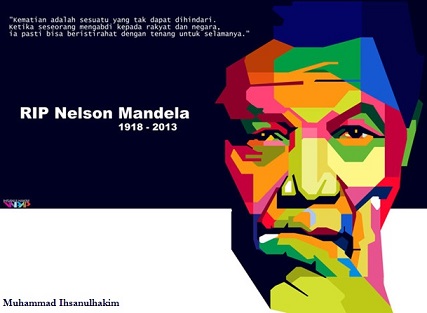Mandela’s Meanings: a Translated and Adapted Life
DOI:
https://doi.org/10.13130/2035-7680/4466Keywords:
Mandela, Robben Island, King Creon, AntigoneAbstract
This paper reflects on the seeming ubiquity of representations of Nelson Mandela, and contrasts this with the years of silence and facelessness that have entered the mythological sphere - the 18 years he spent on Robben Island. The period when Mandela (through text or image) circulated the least has now in fact become the centrepiece of the narrative of his life. In this paper, I reconstitute some of the literary and photographic fragments of that era, one for which the biographical record is strikingly consistent ad repetitive. One anecdote that has been retold by every biographer is that of Mandela performing the role of King Creon in a production of Antigone. Interpreters typically cast this small incident in mythical and allegorical terms. Through reconstituting the scattered references to the performance, I show that these interpretations typically exaggerate and misread the anecdote. Thus the Antigone performance provides us instead, I argue, with an instance of a retrospective reading that exceeds the event.Downloads
Download data is not yet available.
Downloads
Published
2014-11-23
How to Cite
Coetzee, Carli. 2014. “Mandela’s Meanings: A Translated and Adapted Life”. Altre Modernità, no. 12 (November):15-28. https://doi.org/10.13130/2035-7680/4466.
Issue
Section
Saggi Ensayos Essais Essays




